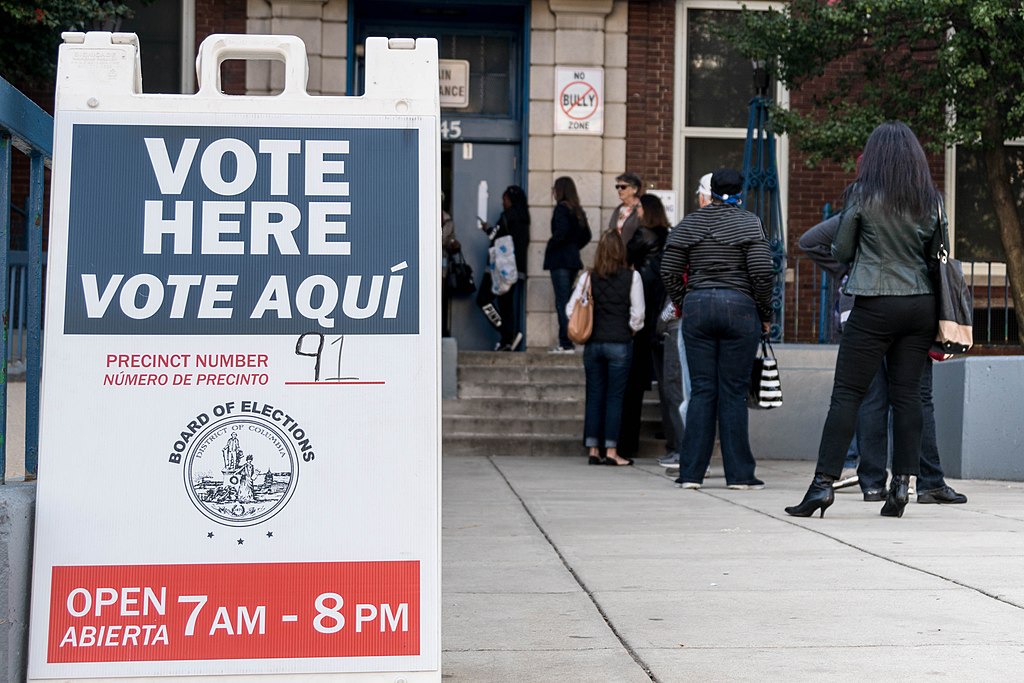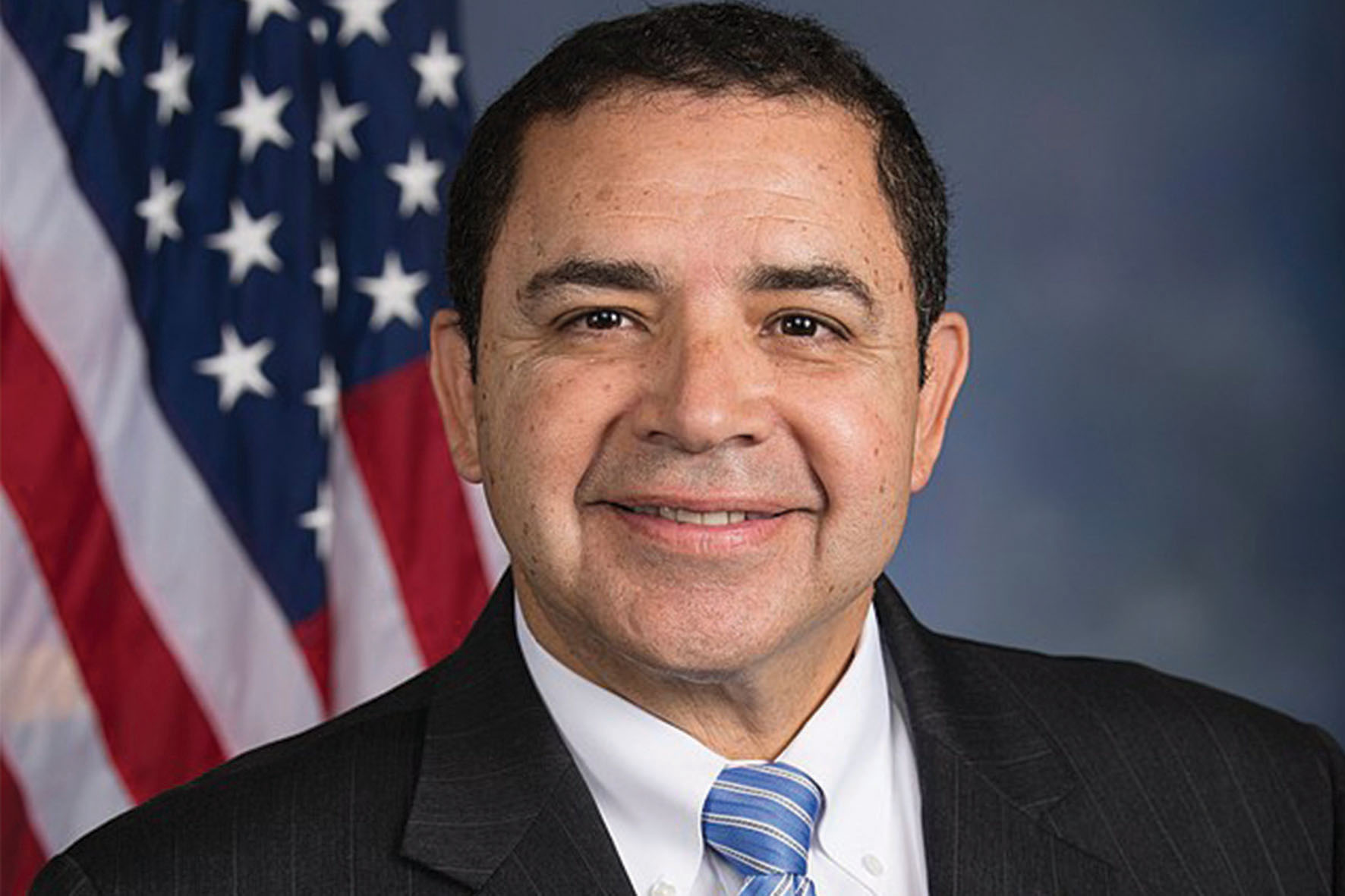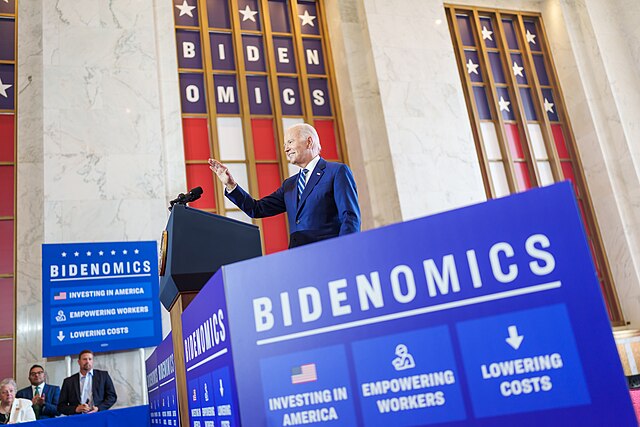With less than 100 days to the midterm elections scheduled for November 8, several polls compiled by the portal FiveThirtyEight indicate a possible victory for the Republican Party and the loss of Democratic control over the House of Representatives. According to the portal, the
odds of success for Republicans are 80 to 20. In the Senate, polls point to a slight advantage for
Democrats over Republicans: 58 to 42. It must be considered that the House of Representatives will replace all 435 seats, while in the Senate, only 35 seats will be restored, of which
21 Republicans and 14 Democrats. As a result, the Democrats' chances of increasing the majority tend to consolidate.
Midterm elections traditionally give opponents an advantage over situationists. Campaign promises hardly materialize in the first part of the presidential term. On the one hand, time was short so far to influence the change in voters' perceptions. On the other hand, these promises are blocked by the opposition party. In the 2018 election, for example, Democrats won the House of Representatives elections. Many of Trump's promises were not honored – including the construction of a wall on the border with Mexico.
In the case of the 2022 elections, the Joe Biden administration faces great challenges since it has been unable to carry out his major promises such as green energy, increasing taxes on millionaires, immigration reform, or expanding social assistance. To make matters worse, he has had to deal with the turbulent evacuation of Afghanistan, rising inflation, and, more recently, the negative impacts of the war in Ukraine.
In the current context, Biden's poor performance contrasts with that of other presidents who found in a war abroad the opportunity to unite American citizens around the presidential figure. Even though both Houses of Congress have aligned themselves with the United States support for NATO and the Ukrainian government, the population seems not to be cohesive in support of the war, mainly due to a side effect of the conflict: the resurgence of inflation, especially due to the increase in fuel prices.
In this regard, economic expectations may worsen as the Federal Reserve begins a sharp rise in interest rates, indicating a deterioration in economic conditions in the medium term. It is worth remembering that the US economy retreated for two consecutive quarters in 2022 in a technical recession.
In an attempt to reverse the inflationary effects on fuel, the Biden government backtracked from its intention to boost new green energy conversion, as it was forced to support an increase in domestic oil production to lessen the impact of sanctions on Russia on fuel prices. In March, Biden authorized the release of 30 million barrels of oil from strategic US reserves to offset the
drop in international supply. In addition, the US government has loosened sanctions against Venezuela, reapproached the Saudi Arabian government, and pressured OPEC to increase the global oil supply. Biden's pledge to drastically cut greenhouse gas emissions by 2030 will have to be delayed, frustrating essential segments of his electorate, particularly younger ones.
According to a poll released by CNN on July 28, “75% of Democratic and Democratic-leaning voters want the party to nominate someone other than President Joe Biden in the 2024 election. (...) The poll takes place when Biden's approval ratings remain low, and most Americans are unhappy with the state of the country and the economy. Inflation remains high, and a new report released on Tuesday (2nd August) showed that consumer confidence fell for the
third months In a row.
The recent decisions of the United States Supreme Court also contribute to disturbing the performance of the Democratic government. On July 9, we discussed this topic at the
Latino Observatory. Decisions on immigration, gun ownership, restrictions on the Environmental Protection Agency (EPA), and abortion have influenced voters' sentiments.
However, it is worth noting that reversing the “Roe vs. Wade” decision became an opportunity to mobilize Democratic voters. Once the Supreme Court suspended the decision, Joe Biden urged voters to elect a Congress that could secure abortion rights in law. This week, through a referendum, the population of the conservative state of Kansas chose to guarantee the right to abortion. According to the Associated Press “Kansas voters on Tuesday sent a resounding message about their desire to protect abortion rights, rejecting a ballot measure in a conservative state with deep ties to the anti-abortion movement that would have allowed the Republican-controlled Legislature to tighten restrictions or ban the procedure outright. It was the first test of voter sentiment after the U.S. Supreme Court’s decision in June that overturned the constitutional right to abortion, providing an unexpected result with potential implications for the
coming midterm elections.”. As a result, expectations grew that Democrats could mobilize their frustrated militancy to vote heavily in the November elections.
With less than 100 days to the elections, two unconnected actions draw attention: the visit of Nancy Pelosi to Taiwan and the assassination of al-Qaeda leader Ayman al-Zawahiri. Both events had a great repercussion in the US media and tried to reverse the bad image left by the Joe Biden administration when US troops left Afghanistan in August 2021. The Republican opposition seeks to link Joe Biden's notion of leadership as weak and vacillating, even more so after the start of the conflict in Ukraine.
Nancy Pelosi's visit to Taiwan, when she reinforced US support for the autonomy of Chinese territory, deeply displeased the Beijing authorities, as it violates bilateral agreements in which Washington recognizes the principle of a “one China.” In a videoconference meeting between Biden and Xi Jinping, the US president reinforced the country's commitment to this principle. However, targeting the November elections, Nancy Pelosi sought to take advantage of the anti-Chinese sentiment built up in recent years to seek electoral benefits for her party, opposing the Republican discourse by showing herself to be even more anti-Chinese to the population. It was a marketing ploy to try to reverse her party's defeat in the upcoming elections and the loss of her post as Speaker of the House of Representatives.
The other media event was the assassination of the al-Qaeda leader in a drone strike in Afghanistan. According to the BBC, Joe Biden justified al-Zawahiri's assassination because he "dug a trail of murder and violence against American citizens... including setting priorities to provide operational guidance and calling for and
inspiring attacks against US targets”. By bringing back the image of Osama Bin Laden and Al-Qaeda, the Biden administration seeks to revive the Americans' sense of anger that was formed with the attacks of September 11, 2001. This coincided with the anniversary of the disorganized exit from Afghanistan when power was returned to the Taliban group. Once again, the aim is to reinforce the image of strength of a government seen as weak.
Finally, the November elections bring a big unknown: the adhesion of the Hispanic Latino community to the Democratic Party. The US media has highlighted the victory of Mexican immigrant Mayra Flores in the 34th district of Texas, in Brownsville and Corpus Christi counties, where 84% of the population is of Latino roots. The Latino Observatory
highlighted Flores' victory. Between 2012 and 2020, the proportion of Democratic votes for president dropped from 61% (Obama) to 51% (Biden). Republicans' better performance among Latinos encourages the GOP to increase
financial support for its congressional candidates.
Republicans also signaled to Latinos when they tried to ease immigration rules for farm workers by supporting the bipartisan "Farm Workforce Modernization Act." According to
NPR, the law has already passed in the House of Representatives and now is to be approved by the Senate “would allow more farmers – such as dairy and hog producers – to hire temporary workers throughout the year. Currently, immigration law only allows seasonal hiring, right at harvest time. It would also satisfy some goals of labor rights advocates, providing a path to legalization for workers who show a good dedicated record of agricultural work.”
Still, in the sense of bringing the GOP and Latinos together, the Republican National Committee announced the offer of a 10-hour course on civics, a prerequisite for the naturalization interview of candidates for US citizenship. According to
The Hill, “The RNC is making our Party grow through purposeful education and engagement. Our commitment to providing opportunities for everyone to live the American dream is broadening our base because our ideas transcend all backgrounds (…) Unlike Democrats, Republicans do not take minority communities for granted, and we will continue to work to win every vote before November, said RNC President Ronna McDaniel.”
Despite the Hispanic/Latino population being among the segments most affected by inflation, having the highest incidence of Covid-19, and still being frustrated with the few actions to change immigration policy during the Biden administration, it is still unlikely that Republicans will obtain the majority of votes from that population. The primaries are showing the strength of the more radicalized far-right wing, precisely the people susceptible to the Great Replacement or Q-Anon theories, not to mention the harsh criticism of Critical Racial Theory. For example, the portal FiveThirtyEight estimates that the Democrats' chances of winning the 34th in Texas are outstanding: 86%! Democratic candidate Vicente Gonzalez would beat Mayra Flores by 10.3%.
With three months to go before the election, the most likely scenario is a Republican victory in the House of Representatives and a Democratic victory in the Senate. However, how the imponderable will play its cards remains to be seen. The triumph of the right to abortion in Kansas is part of this “imponderable.”
 commons.wikimedia.org
commons.wikimedia.org











